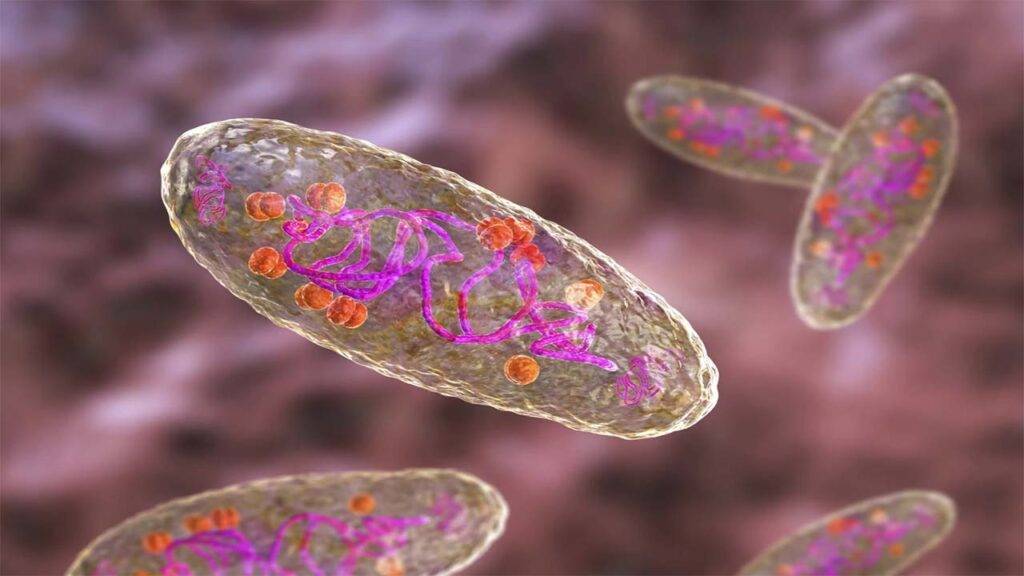Oregon Bubonic Plague Case: Know Everything About Bubonic Plague Case Oregon Symptoms

In a startling development, Oregon health officials have confirmed the state’s first human case of bubonic plague in over eight years. The case, which emerged in Deschutes County, underscores the importance of understanding the symptoms, transmission, and prevention measures associated with this ancient but potentially deadly disease.

Oregon Bubonic Plague Case
The case, reported on Feb. 12, 2024, in Bend, Oregon, has sent ripples of concern through the community. According to reports, the infected individual likely contracted the disease from their pet cat, shedding light on the lesser-known risks associated with domestic animals.
Bubonic Plague Case Oregon Symptoms
Understanding the symptoms of bubonic plague is crucial for early detection and treatment. According to county health services, symptoms typically manifest within two to eight days after exposure to an infected animal or flea. These symptoms include:
- Sudden onset of fever
- Nausea
- Weakness
- Chills
- Muscle aches
- Visibly swollen lymph nodes
Bubonic plague is primarily transmitted through the bite of an infected flea or by handling an infected animal. In this particular case, health officials suspect that the individual was infected by their pet cat, which had developed symptoms of the disease.
Health experts emphasize that while the disease can spread through the air and contaminated food, the risk to the wider community is minimal. Prompt identification and treatment of cases, coupled with preventive measures, help mitigate the spread of the disease.
Response and Prevention Measures
In response to the confirmed case, Deschutes County Health Services swiftly mobilized efforts to contain the spread of the disease. Close contacts of the infected individual and their pet have been identified and provided with medication to prevent illness.
Dr. Richard Fawcett, the Health Services Officer, reassured the public, stating, “All close contacts of the resident and their pet have been contacted and provided medication to prevent illness.” This proactive approach aims to limit the potential for further transmission within the community.
While the emergence of a bubonic plague case in Oregon may evoke concerns, it is essential to approach the situation with a balanced perspective. Understanding the symptoms, transmission routes, and preventive measures empowers individuals and communities to respond effectively to such public health challenges.
As health officials continue to monitor the situation and implement necessary interventions, vigilance and cooperation from the public remain paramount. By staying informed and taking proactive steps, we can collectively mitigate the risks associated with infectious diseases like bubonic plague.
In the face of adversity, education, preparedness, and swift action serve as our strongest defenses against emerging health threats. Let us remain vigilant, support one another, and prioritize the health and well-being of our communities.












